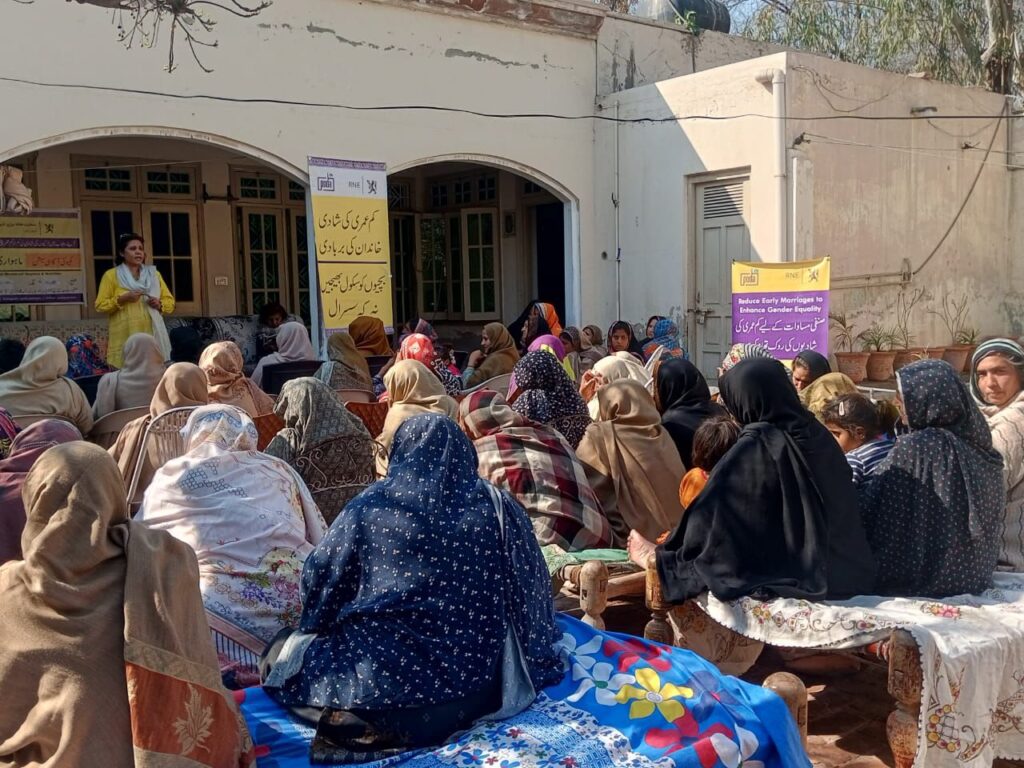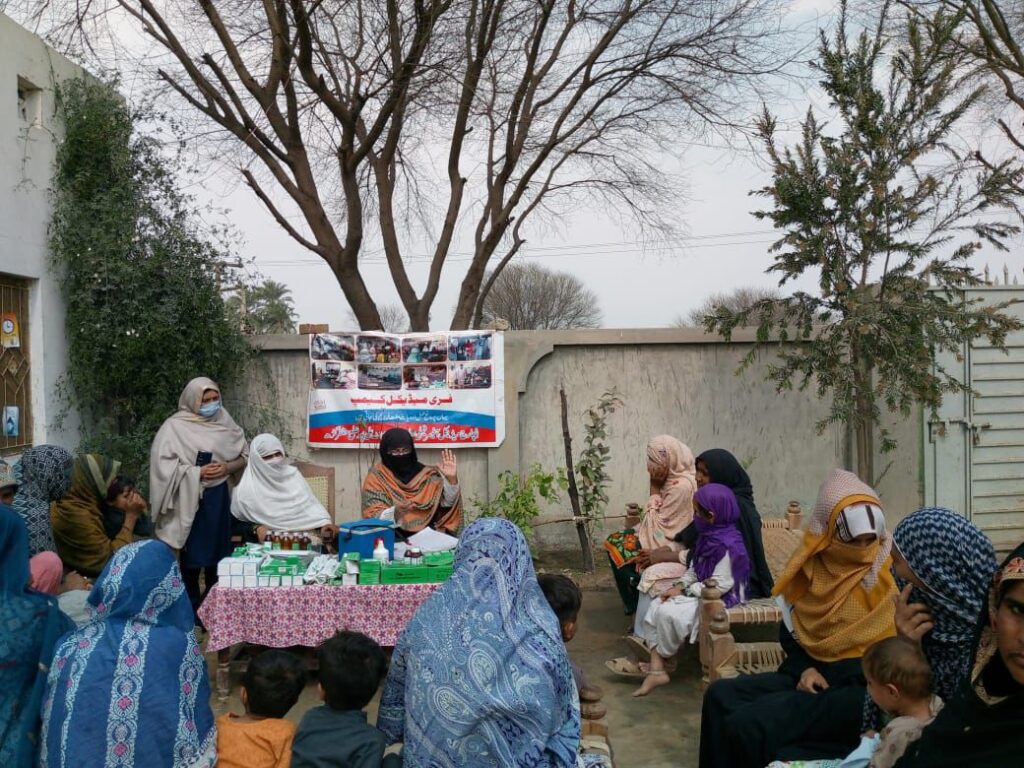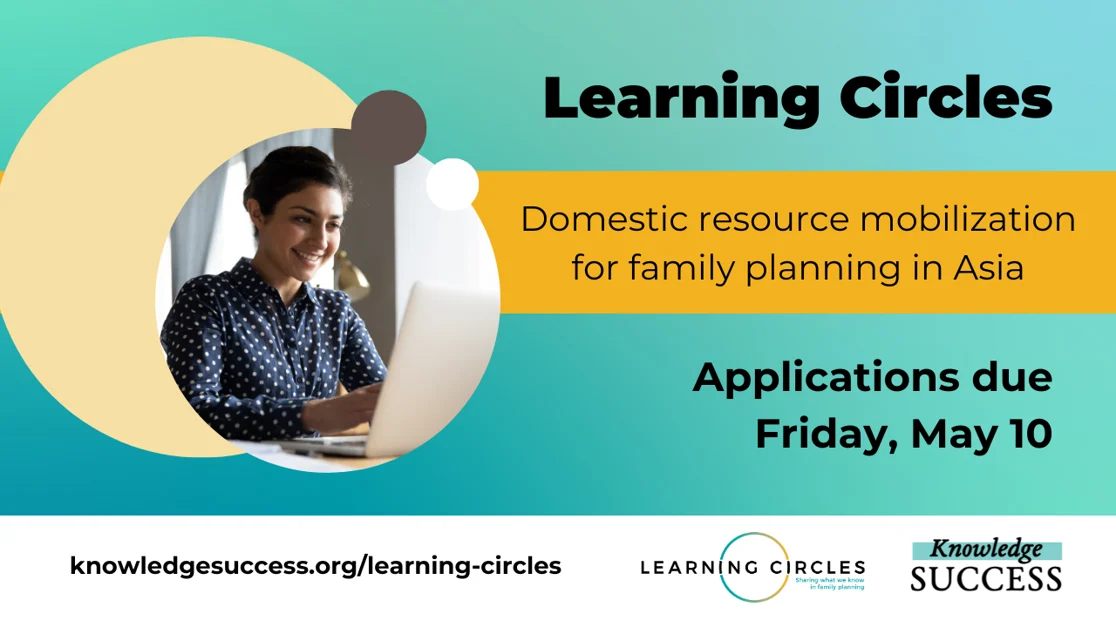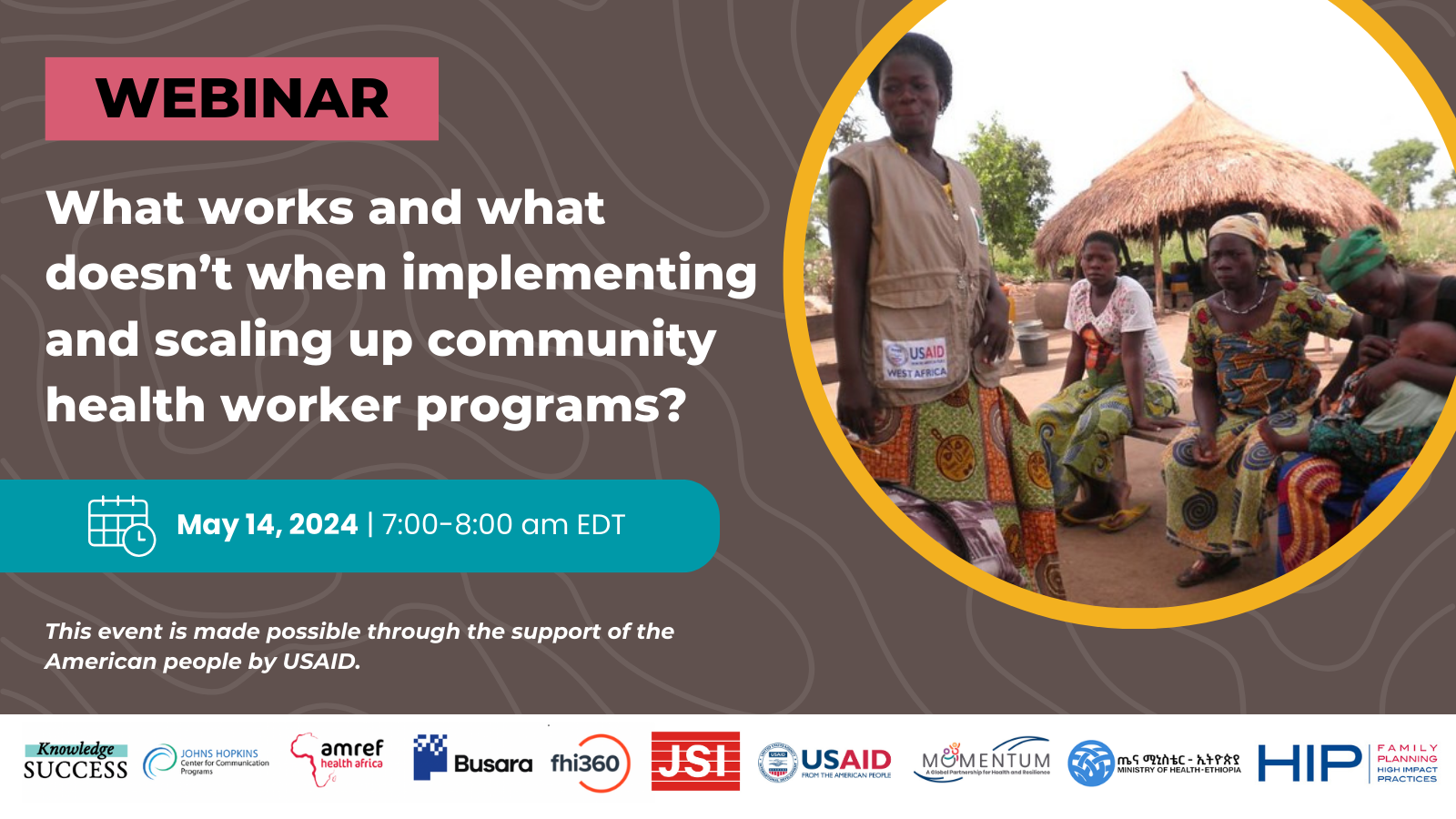Interactive workshops in educational institutions to provide comprehensive information on reproductive health and family planning, and collaboration with employers to integrate family planning information into workplace wellness programs, could also be implemented. QR Code campaigns on contraceptive packaging, community health ambassadors, and other innovative communication strategies could also be implemented. By embracing these innovative communication strategies and customizing them to the unique needs and preferences of the population could effectively reach diverse audiences, overcome cultural barriers, and promote informed decision-making regarding family planning.
Promoting family planning and welfare development as part of a broader strategy for inclusive and sustainable economic growth, requires a multifaceted approach. Policy innovation strategies specifically tailored to address family planning and welfare development in the context of economic growth could include integrating family planning services into existing healthcare infrastructure to ensure accessibility. This includes establishing family planning clinics within health facilities and promoting comprehensive reproductive health services. Implementing mobile health (mHealth) initiatives to reach remote areas and provide information on family planning could also be beneficial.
Developing community-based awareness programs that educate individuals and communities about the benefits of family planning could also be implemented. Utilizing local influencers, community leaders, and religious scholars to disseminate information and address cultural sensitivities surrounding family planning can be effective. Foster public-private partnerships to enhance the delivery of family planning services, and encourage private healthcare providers to collaborate with government initiatives, ensuring a wider reach and diverse service options for individuals. Introduce incentives for healthcare providers, including doctors, nurses, and community health workers, to actively promote and provide voluntary family planning services. This can include recognition programs, and professional development opportunities.
Other policy innovation strategies include designing and implementing family planning initiatives specifically targeting the youth, developing educational programs in schools and colleges, providing information on reproductive health and family planning, and using innovative communication channels, such as social media and peer education, to engage the younger population. Encouraging employers to incorporate family planning support into workplace wellness programs, strengthening maternal and child health initiatives to improve overall family well-being, and exploring innovative financing models to fund family planning initiatives could also be implemented.
Leveraging telemedicine to provide remote access to reproductive health consultations and family planning services, developing and implementing programs that encourage male involvement in family planning decisions, and integrating family planning into crisis response and resilience initiatives are other policy innovation strategies that could be implemented. Implementing robust data collection and analysis systems to monitor the effectiveness of family planning programs, providing cultural competency training for healthcare providers to ensure respectful and understanding interactions with diverse communities, advocating for legal reforms that promote gender equality and women’s rights, and collaborating with civil society organizations to amplify the reach of family planning programs are other critical policy innovation strategies that could be implemented.












